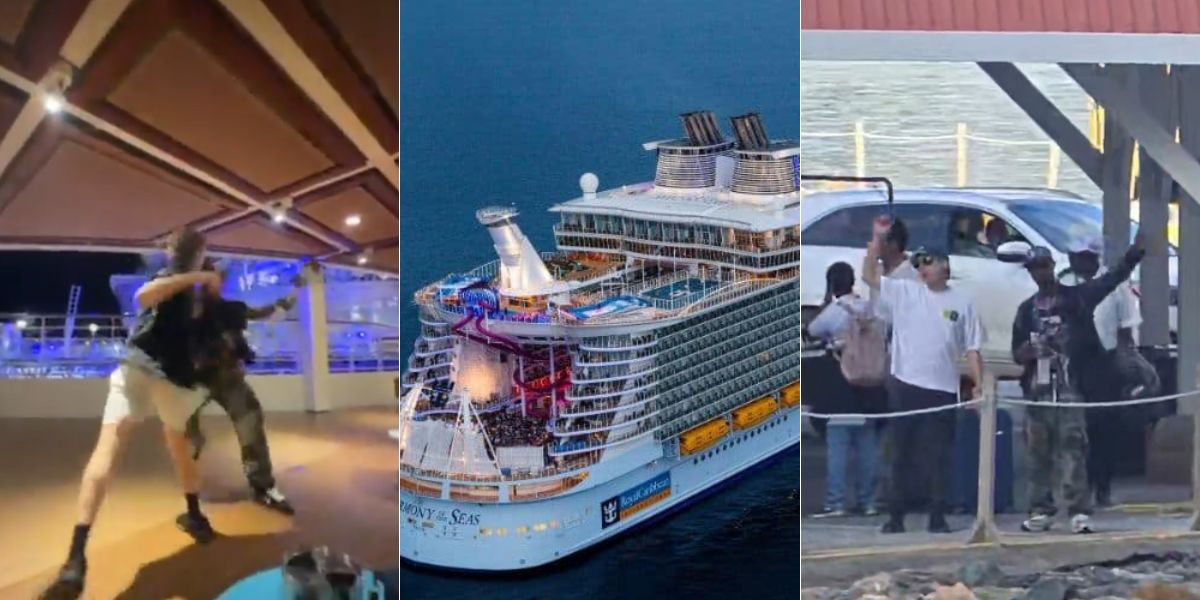The maritime industry presents unique hazards that can result in serious injuries and complex legal challenges. Maritime workers face dangers that land-based employees rarely encounter, including heavy machinery on shifting vessels, harsh weather conditions, and isolation from immediate medical care. When accidents occur in these environments, the legal landscape becomes equally complex, making professional legal representation essential for securing fair compensation and protecting workers’ rights.
Understanding the Scope of Maritime Injuries
According to the U.S. Centers for Disease Control and Prevention (CDC), between 2011 and 2017, 45 fatal and more than 61,000 nonfatal injuries in the maritime industry occurred. These statistics represent some of the highest injury rates among all American workers, highlighting the inherent dangers of maritime work. According to statistics, 1163 people died in maritime accidents in 2017 alone. This figure accounted for drilling platforms, freighters, tankers, passenger ships, and other maritime vessels.
The types of injuries sustained in maritime accidents vary widely, from slip and fall incidents on wet decks to catastrophic machinery accidents, fire and explosion injuries, and injuries from extreme weather conditions. Each of these scenarios presents unique legal challenges that require specialized knowledge of maritime law to navigate effectively.
The Jones Act and Seamen’s Rights
The Jones Act is key, letting seamen sue for negligence. It protects about 650,000 Americans at sea. This federal law, officially known as the Merchant Marine Act of 1920, provides crucial protections for maritime workers that don’t exist in traditional workers’ compensation systems. Unlike standard workplace injury claims, the Jones Act allows injured seamen to pursue negligence claims against their employers, potentially resulting in significantly higher compensation awards.
According to a Louisiana Jones act lawyer at Chopin Law Firm, the Act establishes that seamen can recover damages for injuries caused by the negligence of their employer, fellow crew members, or the unseaworthiness of the vessel. This legal framework creates opportunities for substantial recovery that wouldn’t be available under conventional workers’ compensation laws, making experienced legal representation crucial for maximizing compensation.
The complexity of proving negligence under the Jones Act requires attorneys who understand both maritime operations and federal maritime law. Lawyers must demonstrate that the employer’s actions or omissions contributed to the injury, which often involves investigating vessel maintenance records, safety protocols, crew training procedures, and compliance with maritime regulations.
When Maritime Lawyers Become Essential
Several specific instances make legal representation particularly valuable in maritime injury cases. Vessel unseaworthiness claims represent one of the most complex areas where attorneys prove invaluable. Unseaworthiness doesn’t simply mean a vessel is sinking; it encompasses any condition that makes the vessel unreasonably dangerous for its intended use. This could include defective equipment, inadequate crew training, insufficient safety gear, or poor maintenance practices.
Maintenance and cure disputes also frequently require legal intervention. Maritime employers have a duty to provide maintenance payments for living expenses and medical care for injured seamen until they reach maximum medical improvement. However, employers often attempt to minimize these payments or terminate them prematurely, necessitating legal action to ensure workers receive full benefits.
Longshore and Harbor Workers’ Compensation Act (LHWCA) claims present another area where legal expertise proves crucial. Longshoremen and harbor workers get help from the Longshore and Harbor Workers’ Compensation Act. This law helps because maritime work is very risky. While this act provides workers’ compensation-style benefits, the claims process involves federal procedures that differ significantly from state workers’ compensation systems.
Navigating Complex Maritime Jurisdiction Issues
Maritime law operates under a complex system of federal admiralty jurisdiction that can be confusing for injured workers. Determining whether an injury falls under federal maritime law, state workers’ compensation, or other legal frameworks requires careful analysis of multiple factors, including where the injury occurred, the nature of the worker’s employment, and the type of vessel involved.
Attorneys specializing in maritime law understand these jurisdictional nuances and can identify the most advantageous legal avenue for each case. For instance, some injuries may qualify for both Jones Act claims and general maritime law remedies, while others might fall exclusively under the LHWCA or state workers’ compensation systems.
Evidence Preservation and Investigation
Maritime accidents often occur in remote locations where evidence can be lost or destroyed quickly. Vessels may leave port shortly after an accident, weather conditions might erase physical evidence, and witness testimony can become unavailable as crew members disperse to different assignments. Experienced maritime attorneys understand the urgency of evidence preservation and have the resources to conduct thorough investigations quickly.
These investigations often require specialized knowledge of maritime operations, vessel systems, and industry standards. Attorneys work with maritime experts, naval architects, and safety consultants to reconstruct accident sequences and identify all contributing factors. This comprehensive approach to case development is often essential for achieving successful outcomes in complex maritime injury cases.
Statute of Limitations Considerations
Maritime injury claims are subject to various statute of limitations periods that can be shorter than those for land-based personal injury cases. Under the Jones Act, injured seamen generally have three years to file suit, while other maritime claims may have different time limits. Missing these deadlines can result in the complete loss of the right to compensation, making prompt legal consultation essential.
Maximizing Compensation Through Legal Expertise
The potential for substantial compensation in maritime injury cases makes quality legal representation particularly valuable. Over $800 Million Recovered: Our success speaks for itself. We’ve recovered over $800 million dollars for our clients, including a record-breaking $17.5 million settlement in a single Jones Act case. These figures demonstrate the significant financial impact that experienced maritime attorneys can have on case outcomes.
Maritime injury lawyers understand how to calculate and present claims for lost wages, medical expenses, pain and suffering, and future care needs in ways that reflect the unique challenges faced by maritime workers. They also know how to leverage the various legal remedies available under maritime law to achieve comprehensive compensation packages that address both immediate and long-term needs.
The specialized nature of maritime law, combined with the severe consequences of maritime injuries, creates numerous instances where legal representation becomes essential rather than optional. From navigating complex federal regulations to maximizing compensation under multiple legal theories, maritime attorneys provide expertise that can make the difference between adequate recovery and financial hardship for injured workers and their families.




